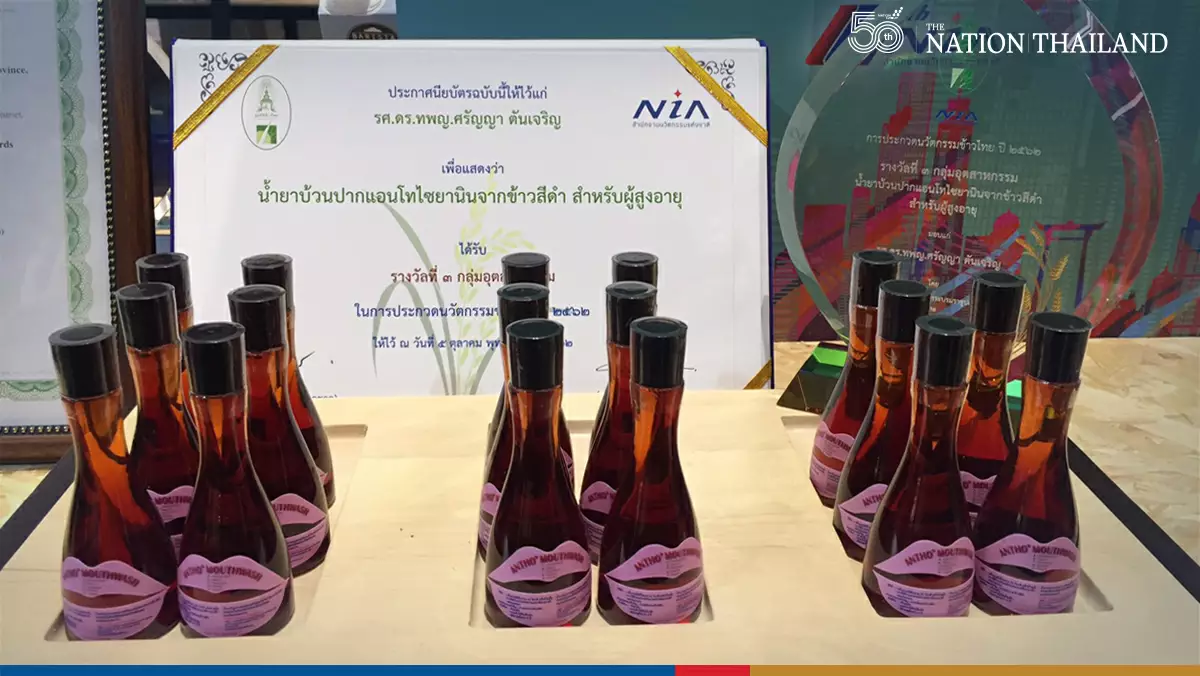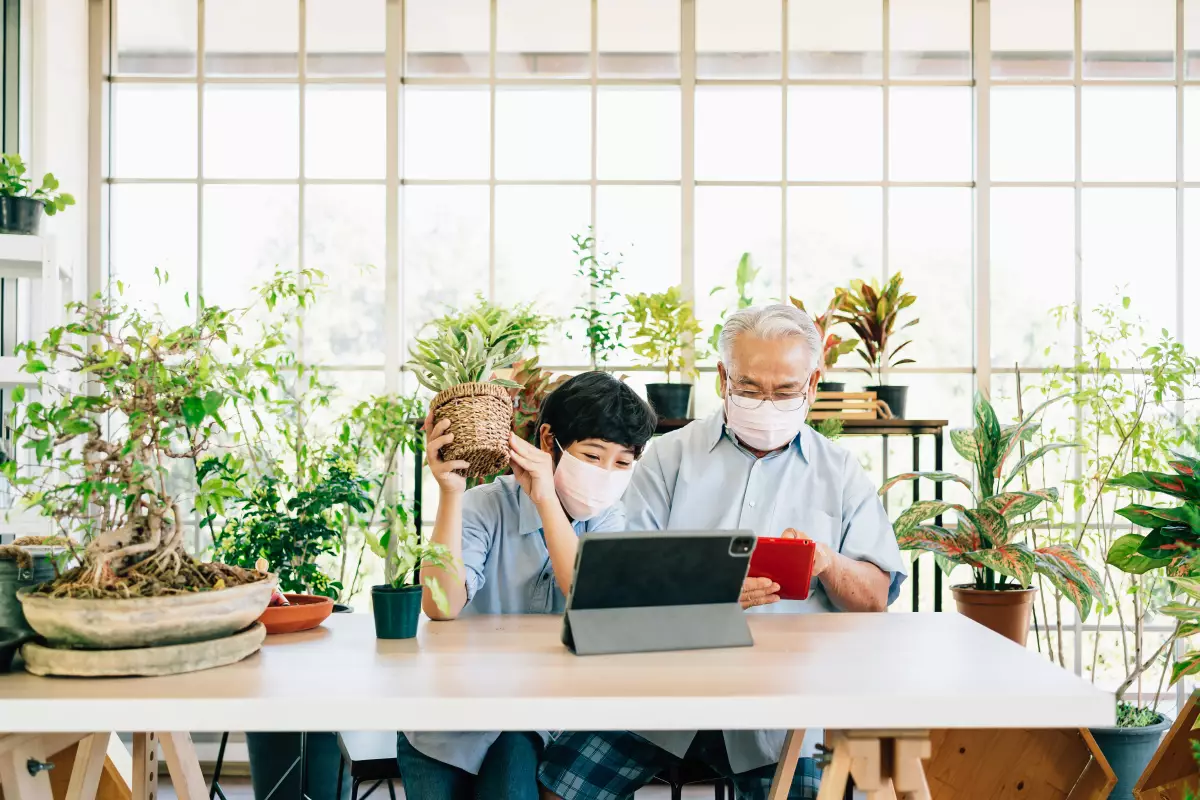
Mahidol University researchers invent rice extract-based mouthwash for the elderly
14/06/2022
Situation of children and nature-deficit disorder: children and the elderly society in changing conditions.
14/06/2022It is the mostly easily available vitamin, yet the role of vitamin D in our physical and mental well being has not got the attention it deserves.

Vitamin D, also known as “sunshine vitamin”, is usually produced by the human body from exposure to sunlight. The skin cells synthesise vitamin D from cholesterol by using the ultraviolet-B rays in sunlight as a stimulant. Research has shown that Vitamin D plays an important role in strengthening the body’s immune system, helping it to function efficiently and defend against virus and other infectious diseases.
Vitamin D is crucial for both innate immunity and adaptive immunity, which naturally occur to fight against pathogens or foreign agents that enter the body.
A number of studies have shown that people with low levels of vitamin D in the blood were more likely to develop upper respiratory tract infections, ie, nose, nasal cavity, throat and tonsils, compared to those with adequate vitamin D levels.

The studies also indicated a link between lower vitamin D levels and higher rate of infections, like colds and flu. According to a study, Japanese children taking vitamin D supplements daily for 15 to 17 weeks during the winter significantly reduced influenza infection and the frequency of upper respiratory tract infections.
Most Thai people have a dark skin colour. The pigment in the skin reduces the absorption of UV rays that induce vitamin D synthesis. Exercising outdoors is one way to increase vitamin D levels. The working-age population is vulnerable to health problems from low vitamin D in the blood, as they spend most of the day time in office. The modern lifestyle that makes people spend the entire day in an office environment, limiting exposure to sunlight, reduces the production of vitamin D, compromising the body’s immunity. The fear of damaging the skin through exposure to sunlight, or getting skin cancer, makes many people avoid exercising outdoors.
A vitamin D blood test can tell us whether our body has the required level. Generally, the recommended vitamin D level is higher than 30 nanograms/millilitre. A level below 20ng/ml is considered vitamin D deficiency.
More than 50 per cent of office workers were found to have low levels of vitamin D in their blood. In comparison, outdoor workers or people who exercise outdoors regularly have high vitamin D levels.

The most commonly known benefit of vitamin D is that it helps strengthen bones by boosting calcium absorption, making the bones stronger and preventing osteoporosis. However, what is less well known is that vitamin D is linked to depression. Studies have shown that there is a relationship between depression symptoms and low vitamin D levels in the blood.
Studies have shown that people with low vitamin D levels are at greater risk of depression, when compared with a group of people with normal blood levels of vitamin D.
The vitamin also reduces the risk of developing high blood pressure, cardiovascular disease, diabetes and some cancers. It stimulates the immune system and repairs worn cells, thus helping your skin look good while improving the strength of different muscles.
Getting adequate vitamin D can be as simple as exposing your body to sunlight. A good time is before 9am when the morning sunlight is gentle and not too hot and in the evening after 4pm when the Sun is about to set. Apart from outdoor activities, consumption of high vitamin D foods, such as salmon, tuna, sardines, oysters, egg yolks, cod liver oil, mushrooms, orange juice, oatmeal and cereal foods, can boost your immune system. Milk added with vitamin D or supplements containing vitamin D are beneficial too.
Just getting enough exposure to the Sun and consuming foods high in vitamin D will go a long way in strengthening your immune system.
(Assoc Prof Dr Jiraporn Ungwitayatorn works at the Department of Pharmaceutical Chemistry, Faculty of Pharmacy, Mahidol University)
Published : May 29, 2021
By : Jiraporn Ungwitayatorn/Special to NationThailand

